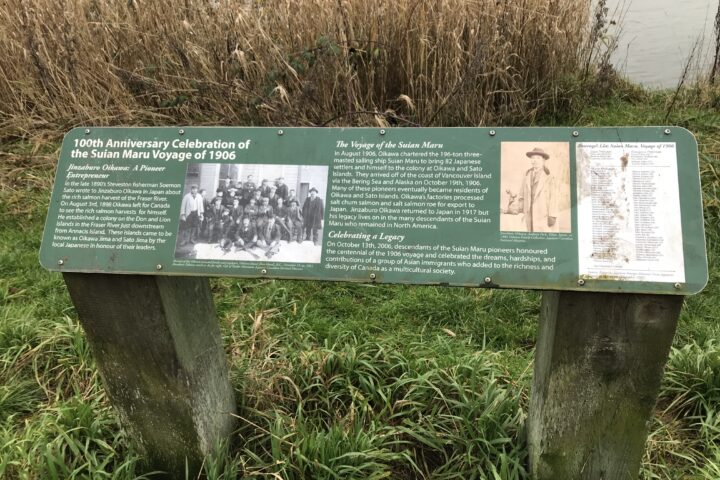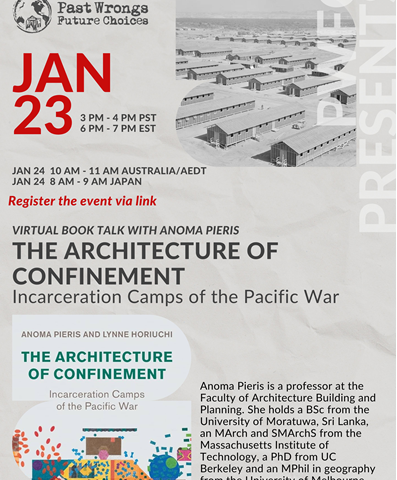November 2015
by Lillian Nakamura Maguire, Chair, Constitution & Resolutions Committee
The National Council of the National Association of Japanese Canadians met in Victoria and approved over 100 changes to the Bylaws of the NAJC. The majority of the changes included clarification of the language and editing, but there were some changes that were recommended by the NAJC lawyer in order to comply with the new Canada Not-for-profit Corporations Act, as well as changes recommended by the National Executive Board.
Some of the changes recommended by the NEB (National Executive Board) resulted in some valuable discussion. The NEB had recommended that the bylaw related to the requirement to be eligible for election to the National Executive Board states that, “a member be of Japanese descent, partially of Japanese descent, or a spouse or child of a person of Japanese descent”, and that it be deleted as a requirement for election.
The NEB believed that as a national organization advocating for human rights, it was important to be seen to be open to all, irrespective of ethnicity or race. In consulting with human rights commissions, a person who did not meet this requirement would be able to put forward a human rights complaint based on ethnicity or race. The complaint may or may not have merit based on the specific legislation in the province or territory where the complaint was made.
The majority of members of the National Council did not support the deletion of this requirement for election to the National Executive Board. The point was made that the NAJC was formed to seek justice for Canadians of Japanese ancestry because of the historical injustices and racial discrimination experienced by them. Within human rights law, there is provision for exclusive membership based on discrimination the group has faced. The majority of National Council members seemed to believe it was still necessary to maintain this requirement.
Some member organizations do not have this restriction of Japanese ancestry in their local groups, but the point was made that many of these Associations are focused mainly on the support of cultural and heritage activities, which often attract a wider non-Japanese membership. Thus it is to their advantage to have this open membership and support from the wider community.
This issue probably speaks to a wider discussion of the aim of the National Association of Japanese Canadians and what do we see for the future direction. This is a discussion that the National Executive Board hopes to continue in the year ahead.
Thank-you to Steve Seller of Lakehead Japanese Cultural Association and Morgan Elander of Kamloops Japanese Canadian Association for serving with me on the Constitution and Resolutions Committee from November 2014 to July 2015.



